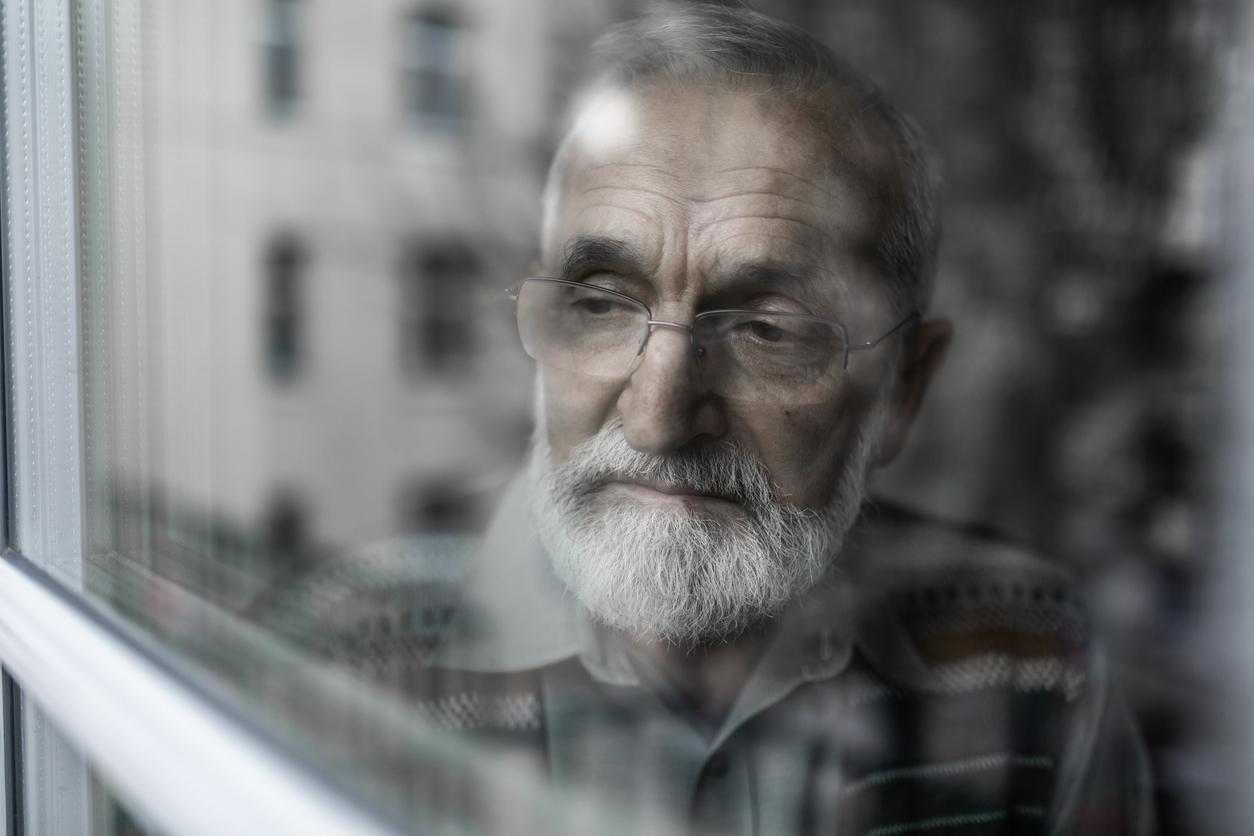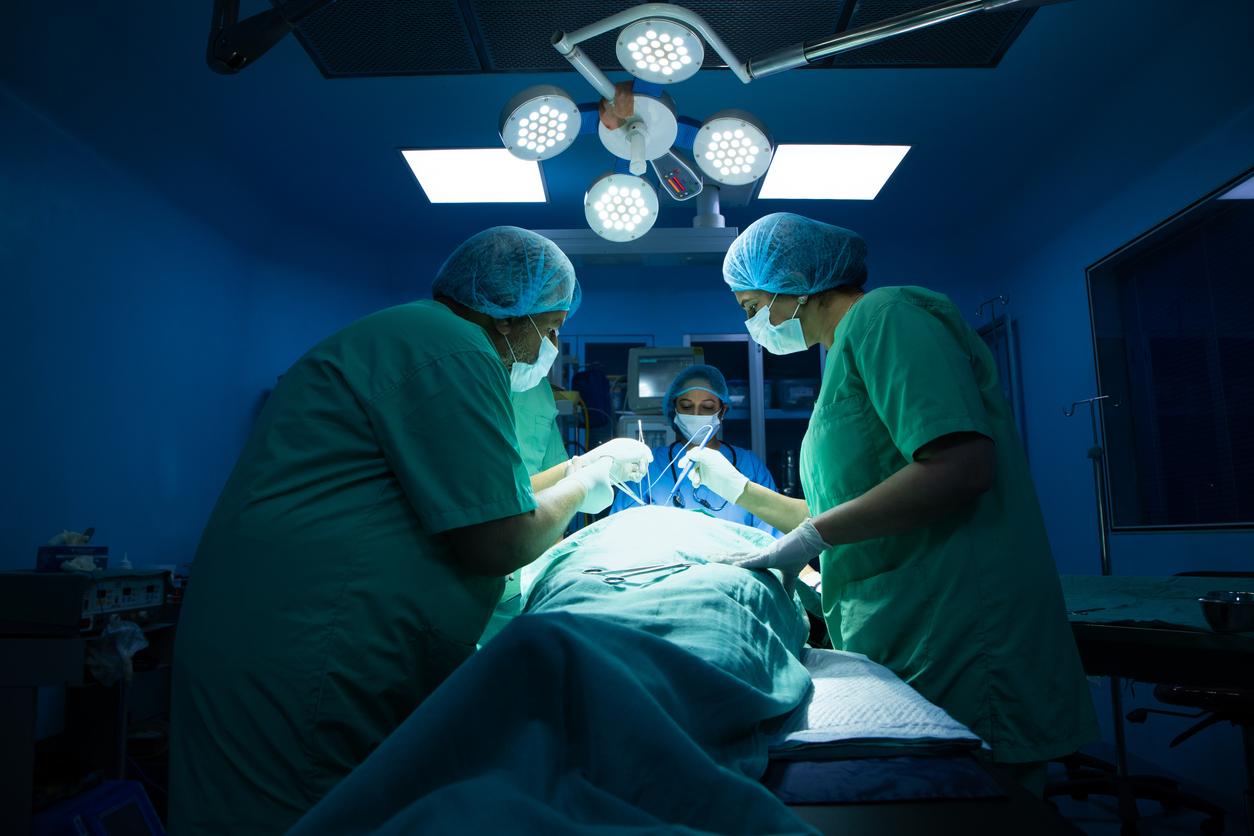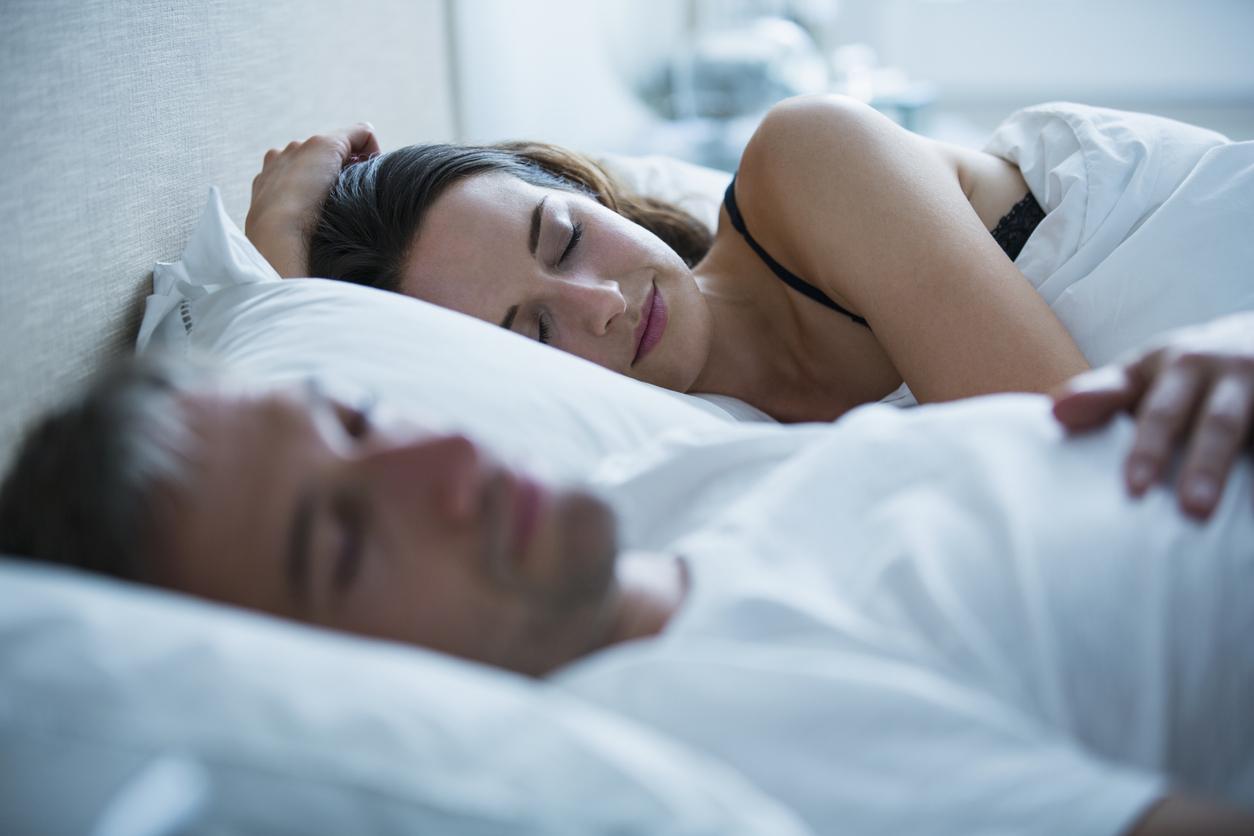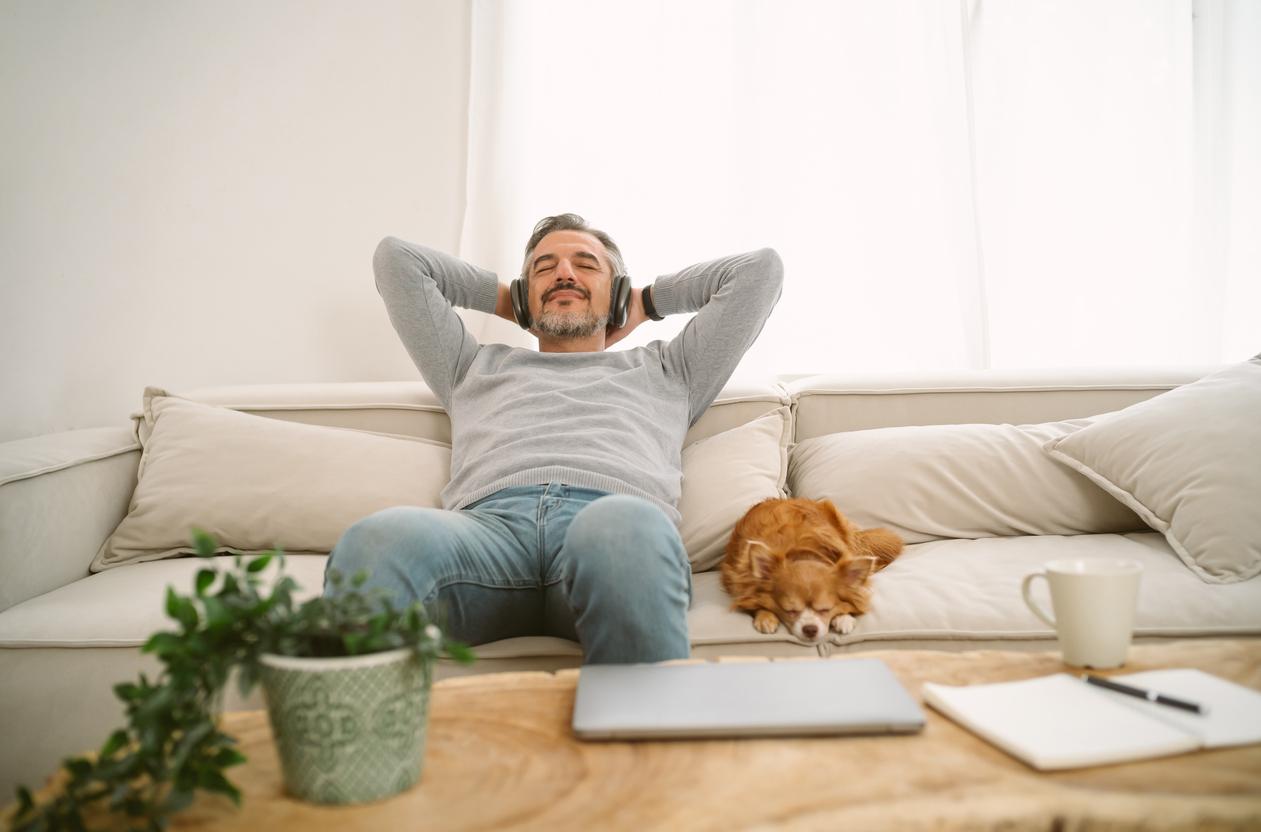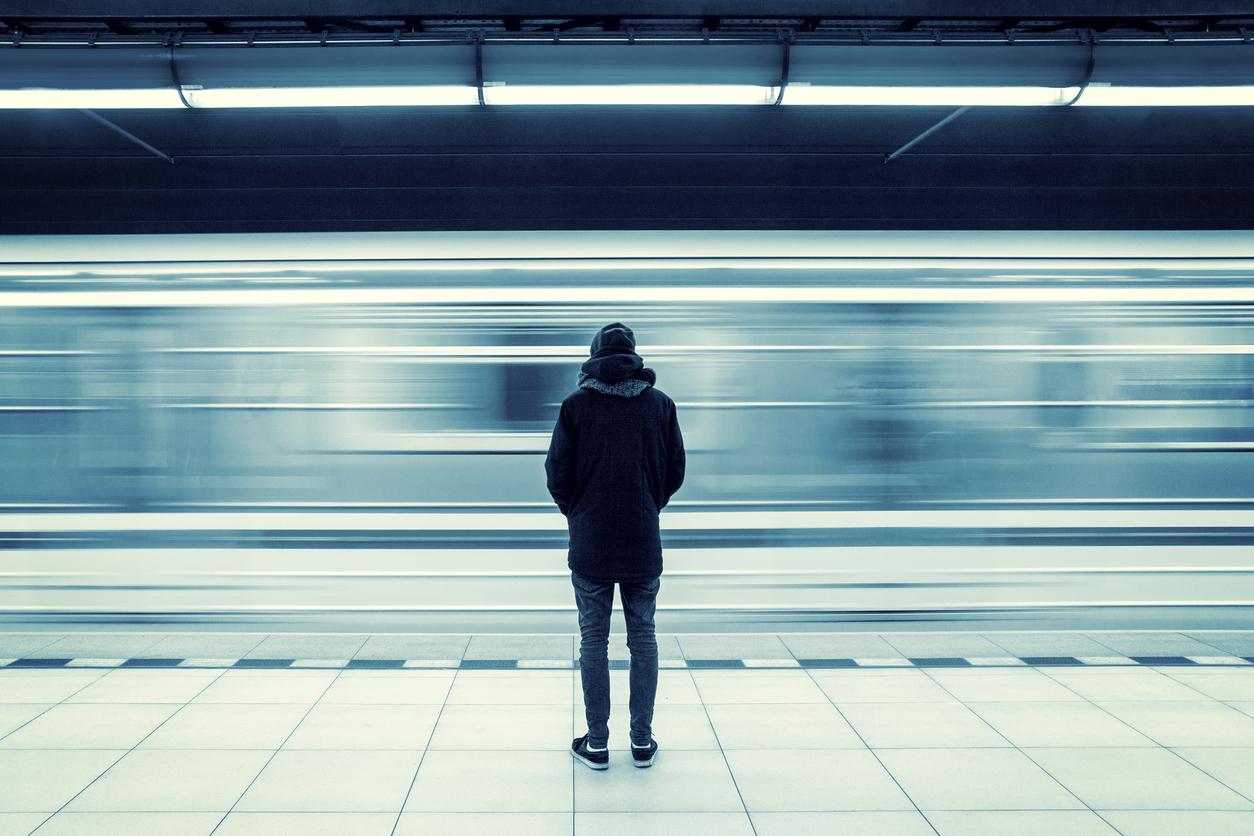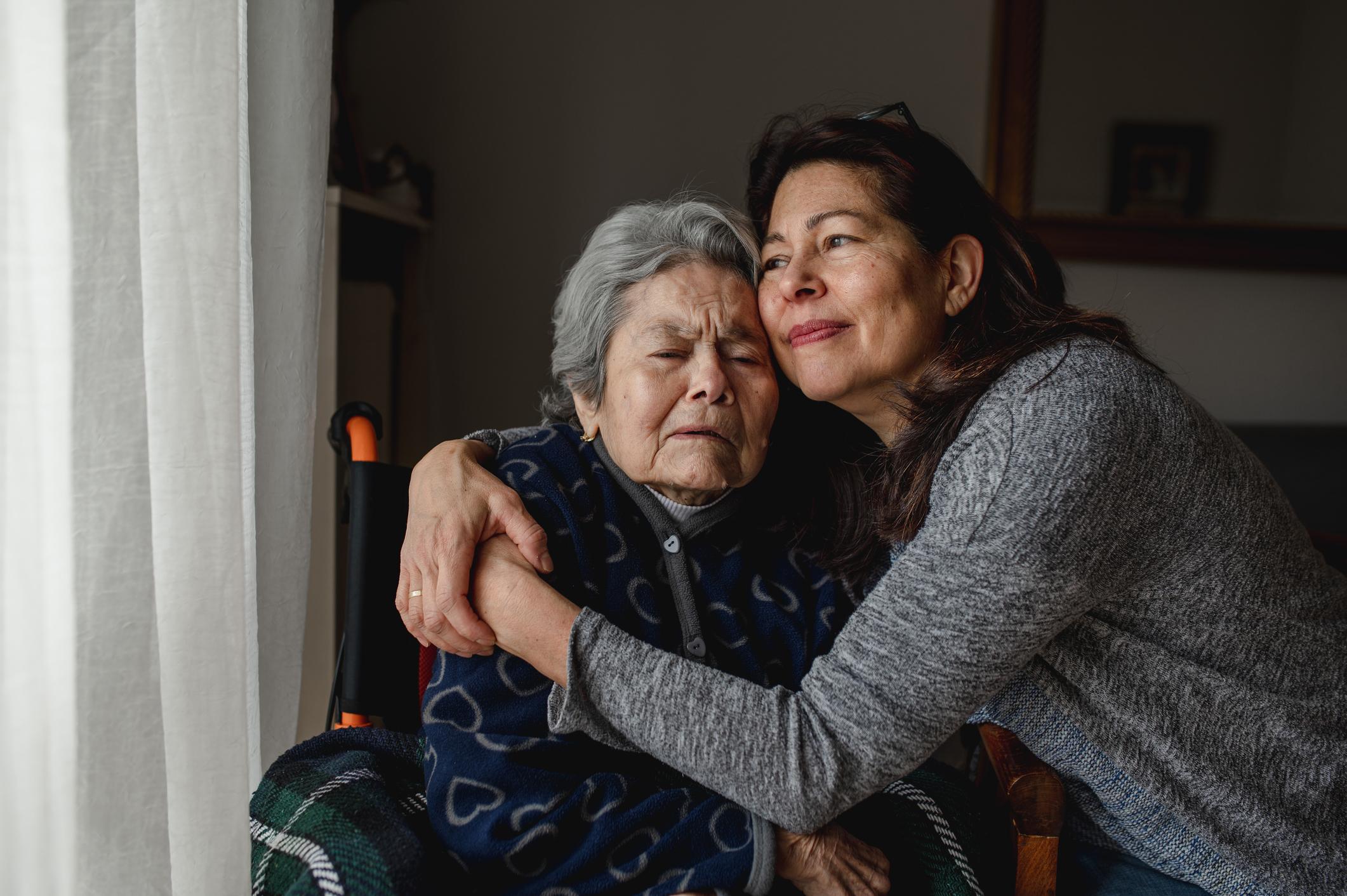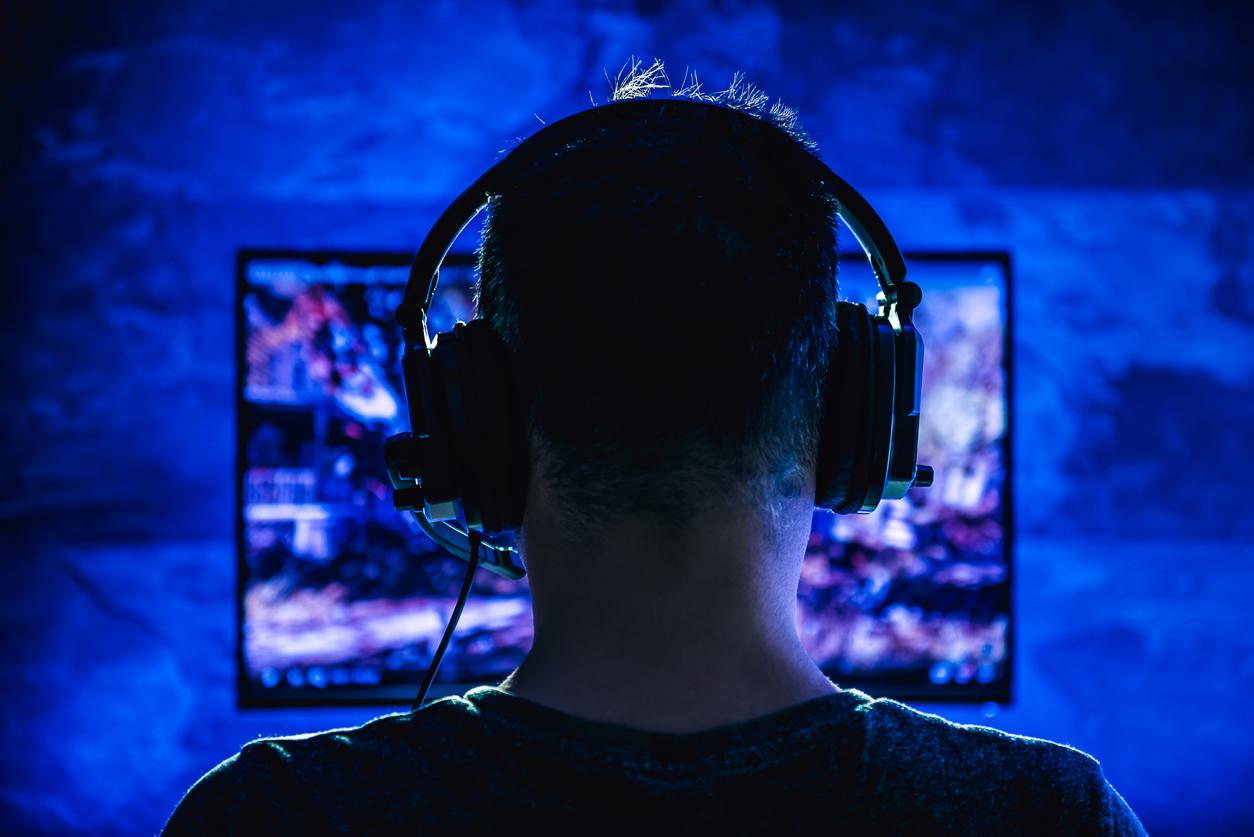“18,000 new cases in 24 hours, we have never experienced that with Covid-19”, said this Tuesday, July 20 Olivier Véran, at the microphone of RTL, while a bill relating to the health crisis is currently being debated in Parliament. The bill provides for the compulsory vaccination of caregivers, the extension of the health pass, but also firmer measures for contact cases.
The bill, voted on July 19 by the Council of Ministers, is now being debated in Parliament. The government’s idea is to reinforce the “test, trace, isolate” strategy by asking people positive for Covid-19 to stay at home for 10 days, with reinforced control measures.
The Council of State has validated the compulsory isolation of 10 days for all people sick with Covid-19. The police will have to ensure that the measure is respected, but the checks will only be random.
How is it going now?
Until now, when we are in contact, Health Insurance invites us to self-isolate for seven days (without controls), even if the test is negative. Indeed, one can be contagious before being positive.
What the law will change
If this law is enacted, positive people will be forced to self-isolate for ten days, as is the case for unvaccinated people coming from a country belonging to the red list. She will also be entitled to a prefectural decree in her name with a list of things to put in place to stay away. While it was previously a request, a recommendation, it could become an obligation.
That said, vaccinated persons “contact cases” who test negative, will not be subject to isolation, said the Ministry of Health. They will only have to isolate themselves in the event of a positive test.
Police checks at the patient’s home
Wednesday July 14, Matignon told RTL that to enforce the rules of self-containment, the police could be mobilized, with checks by police or gendarmes. It will also be necessary to specify his place of residence. For the time being, the amount of the fine in the event of non-compliance with this confinement has not been fixed.
Another novelty: positive cases will have an exit permit. It should be done between 10 a.m. and noon. Relaxations will be possible, especially for minors. While the health crisis has allowed a wave of reports of domestic violence to emerge, people who are not safe at home will be able to benefit from an adaptation of this new law.
Read also:
- Compulsory vaccination: caregivers or not, who is concerned?
- Covid-19: Soon non-reimbursed PCR and antigen tests?
- Covid-19: the health pass in 5 questions
- Covid-19: forced isolation, what is it?
- A 3rd dose of vaccine against Covid-19?










